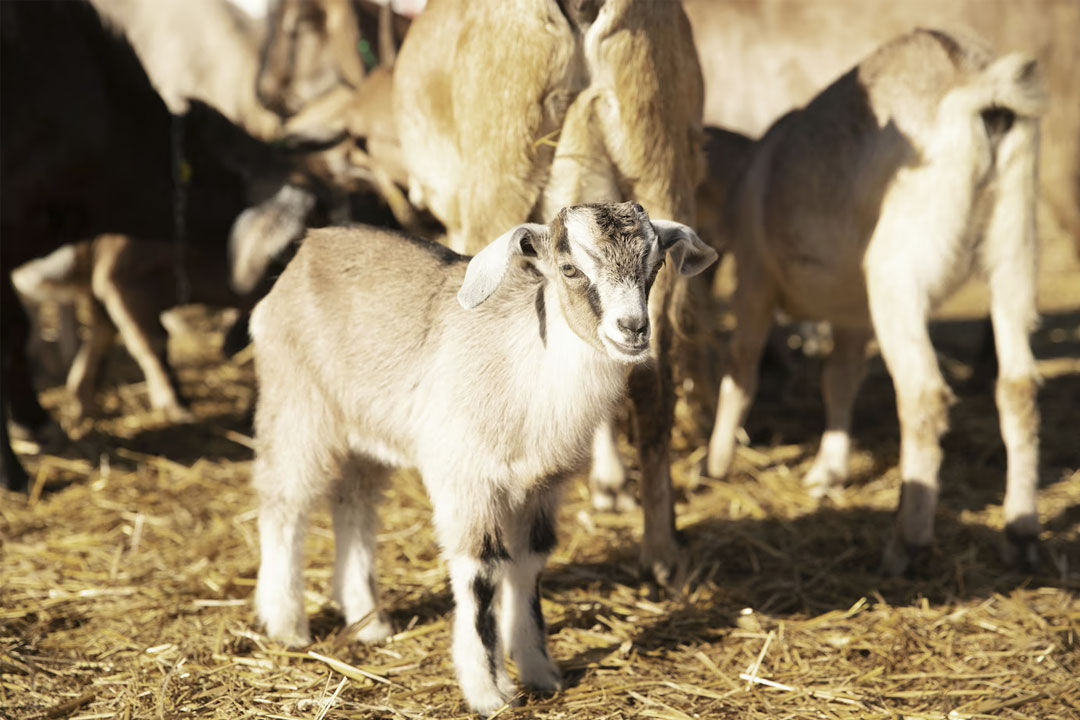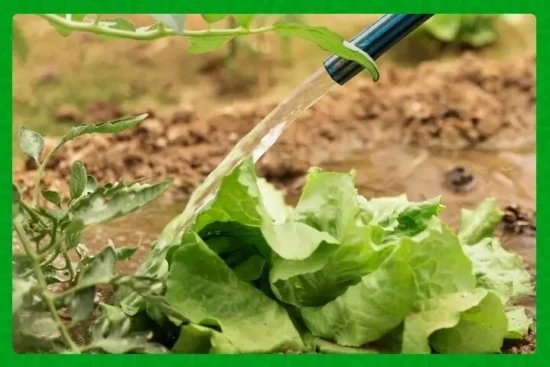
Keeping your goats healthy is essential for their well-being and productivity. A healthy goat is more likely to resist diseases, recover quickly from sickness, and produce more milk, meat, and wool. A farmer with a sick goat will spend money and time on buying medicines and treating the animal, and the cost can be significant. Here is a detailed guide on keeping your goats healthy:
- Feed your goats the right food Goats need a balanced diet that includes enough protein, carbohydrates, and vitamins to stay healthy. Ensure that they have access to enough feed of the correct quality, which could include hay, silage, and concentrates. Provide enough feed for all goats in the flock and avoid overfeeding or underfeeding.
- Provide clean water Clean water is essential for the health of goats. Ensure that they have access to clean water at all times. You can use a clean bucket or trough, which should be cleaned and refilled daily. Avoid using contaminated water sources, such as stagnant ponds or streams.
- Follow a vaccination program Goats should be vaccinated against common diseases such as tetanus, enterotoxemia, and respiratory infections. Consult with a veterinarian to develop a vaccination program suitable for your goats. Follow the recommended schedule for vaccination, which may vary depending on the age and health status of the goats.
- Control parasites Goats are susceptible to internal and external parasites, such as worms and ticks, which can cause diseases and reduce productivity. Use appropriate medications and methods to control parasites, such as deworming and dipping. Follow the recommended schedule for parasite control, which may vary depending on the season and the prevalence of parasites in your area.
- Keep sick goats separate If a goat gets sick, it is essential to keep it separate from healthy goats to prevent the disease from spreading. Isolate the sick goat in a clean and dry pen with adequate ventilation and provide it with appropriate treatment. Keep the pen clean and disinfect it after the sick goat has recovered.
- Introduce disease-free goats If you plan to introduce new goats to the flock, ensure that they are disease-free. Quarantine them for at least three weeks to monitor their health status and prevent the spread of any potential diseases.
- Shelter from adverse weather Goats needs protection from adverse weather conditions, such as rain, wind, and extreme temperatures. Provide them with suitable shelters, such as a shed or barn, that is dry, well-ventilated, and free from drafts. Ensure that the shelter is large enough for all goats in the flock.
How to recognize a sick goat?
It is essential to know the signs of a sick goat to detect diseases early and provide appropriate treatment. A sick goat may appear dull, listless, and reluctant to move or eat. It may have obvious symptoms of sickness, such as coughing, diarrhea, or discharge from the eyes or nose. It may have an abnormal temperature, either too high or too low.
Why is flock health important?
Flock health is essential because one sick goat can contaminate other healthy goats and cause them to get sick too. This can result in the re-infection of the sick goat after it has recovered. High disease prevalence in the area can make it difficult to keep individual animals healthy. Therefore, farmers need to think strategically about how to combat diseases as a community rather than trying to keep their own animals healthy.
What keeps animals healthy?
The immune system keeps the animal healthy by fighting germs that invade the animal and could cause it to get sick. The immune system is like the animal’s own army, ready at all times to fight invaders that put the animal’s life at risk. Vaccination can help the animal’s immune system develop contact with a weakened form of the disease without killing the animal.
In conclusion, vaccination is an important aspect of preventative health care for goats. Farmers must be aware of the common diseases in their area and follow an appropriate vaccination program. While vaccination is only possible for certain diseases, it is an effective way to protect healthy goats from contracting specific illnesses. Multivax P is a key vaccine that can control various diseases, including Pasteurella, pulpy kidney, tetanus, and a black quarter. It is crucial to follow the recommended injection schedule for young and adult goats. Additionally, other vaccinations should only be administered if a problem is positively identified by a veterinarian or animal health technician. By following the guidelines provided in this article, farmers can ensure the health and well-being of their goats.


















